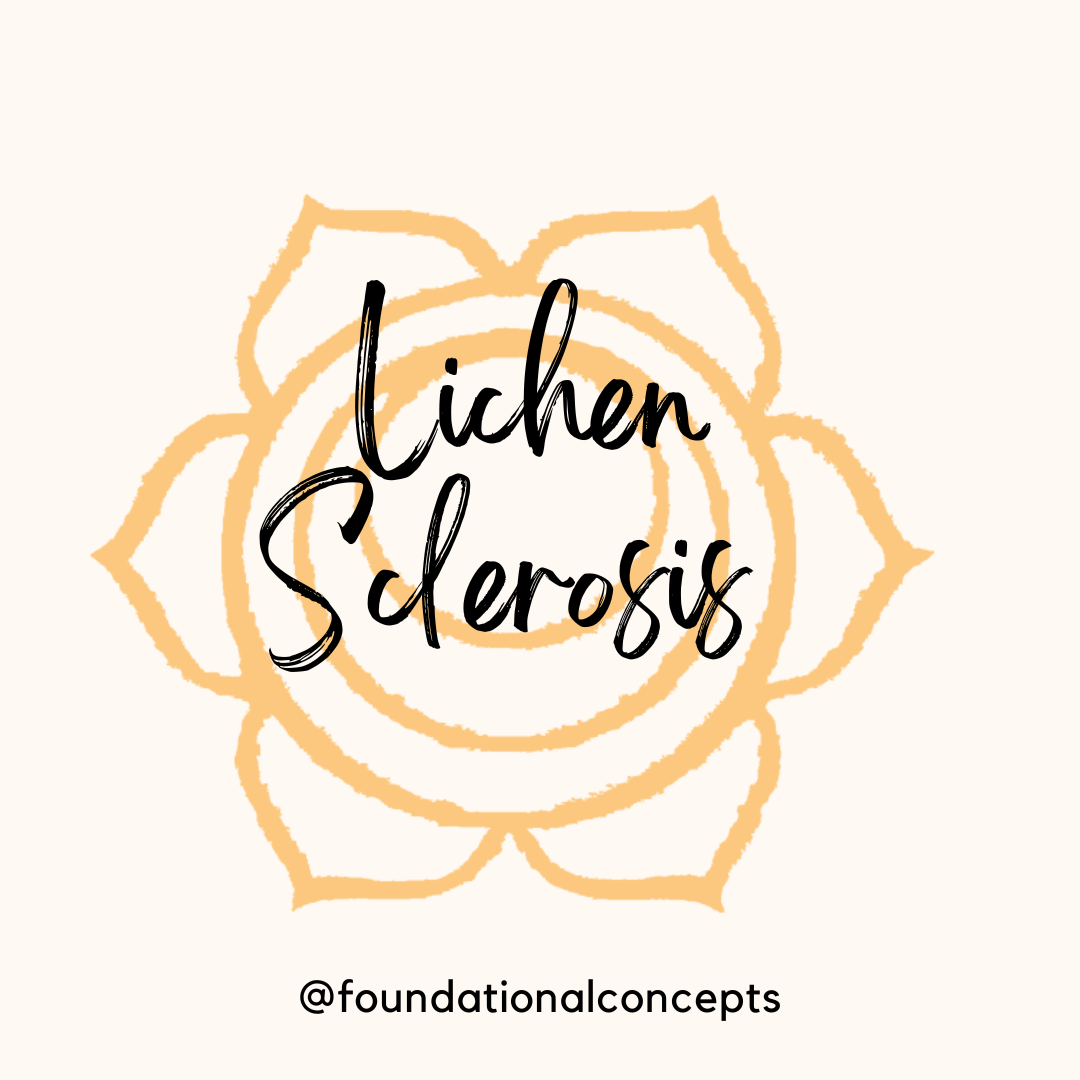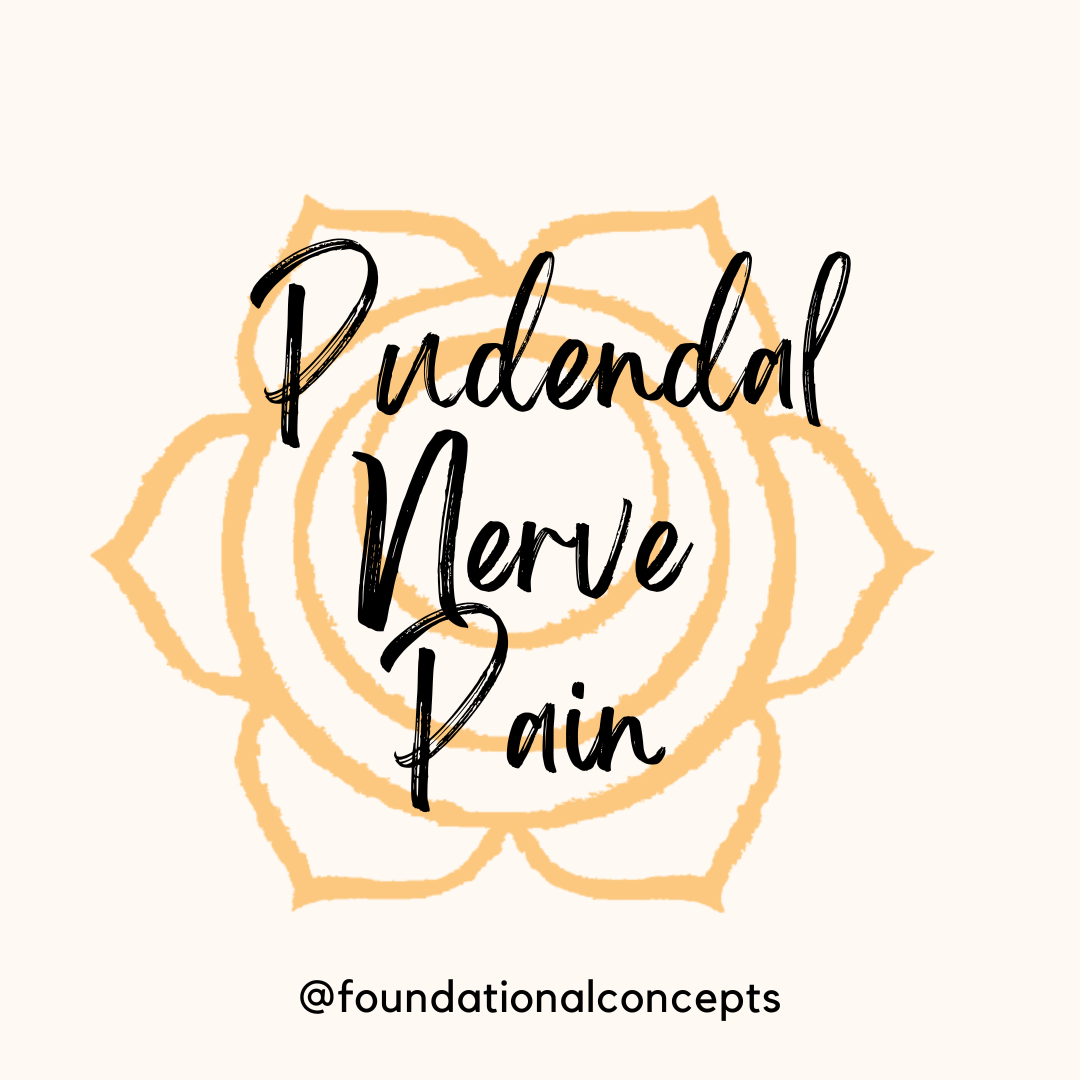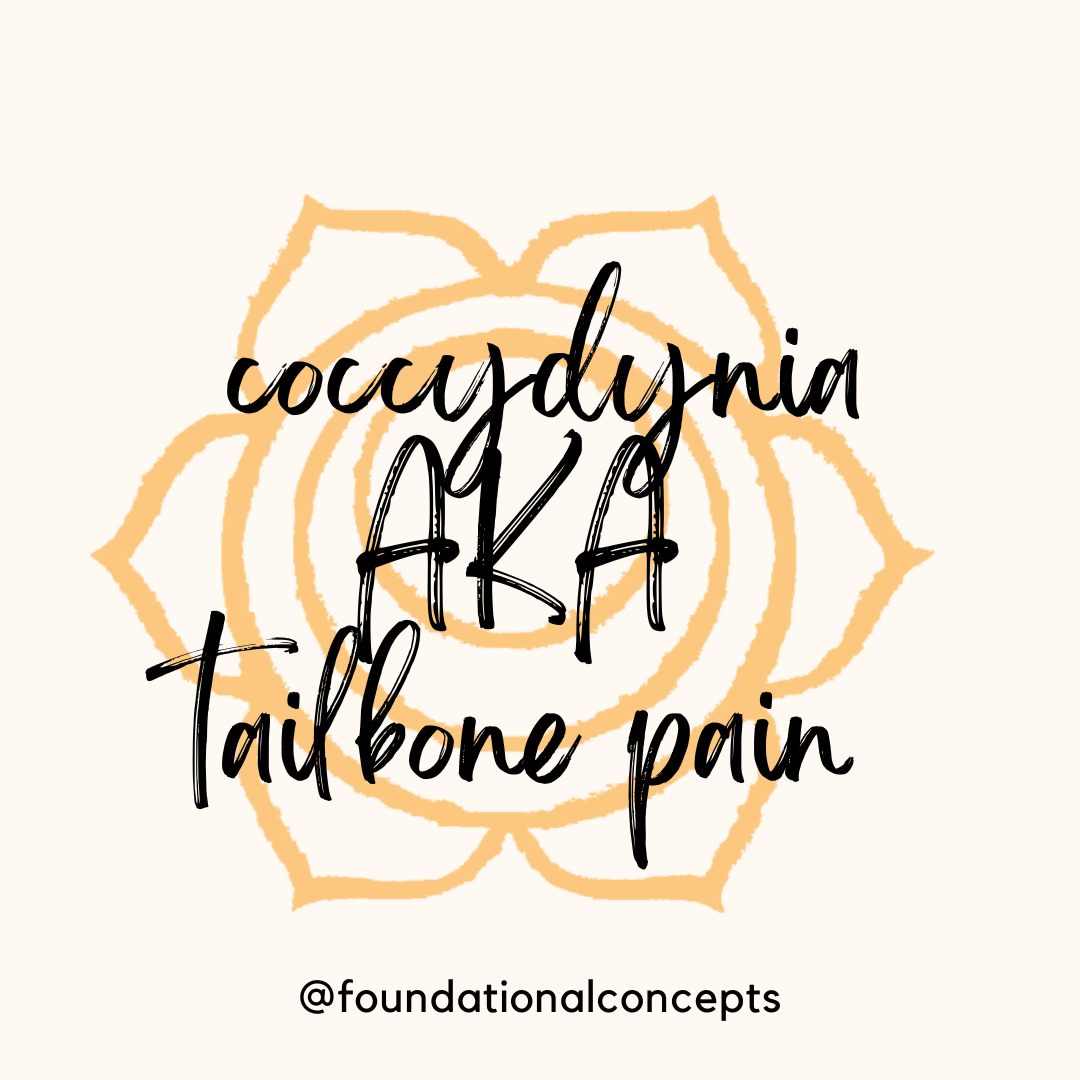Itching “down there” is a common complaint but one that we shouldn't ignore. When we…
Birth Control and Pelvic Pain?
So, I have been wanting to blog on this topic for a while now. I have been intrigued by oral birth controls over the last 8 years with pelvic floor dysfunction of my own. Anyways, the other night I was at dinner with some girlfriends when one of the girl’s phone alarms went off and she said, “Oh! I have to take my pill!” This then sparked a short and sweet conversation of what symptoms women had and are experiencing with their oral contraceptives: decreased libido, decreased arousal, decreased orgasm and decreased frequency of intercourse. These side effects alone make me want to never get on the pill again. Who wants to live life with these symptoms? Not me! I want to enjoy my sex life J
My co-workers attended the 2014 Annual Meeting of the International Pelvic Pain Society (IPPS) in Chicago back in October. While at the conference they had the opportunity to listen to Dr. Andrew Goldstein, a knowledgeable man who has been researching oral contraceptives. He has been interviewed on 20/20, The View, Good Morning America, Discovery Health and The New York Times – among other media.
Oral contraceptives, aka “the pill”, have been approved by the United States since 1960, about 60 years. The pill was created to decrease female fertility with a combination of synthetic estrogen and progestogen (http://en.wikipedia.org/wiki/Combined_oral_contraceptive_pill )
Dr. Goldstein has found that birth control pills may be linked to female pelvic pain. For instance, the vulvar vestibule, the tissue before you enter your vagina (aka The Foyer), has the same embryologic (prenatal) origin as the male urethra. These tissues are andogen dependent glands and by taking oral contraceptives, there is an anti-androgenic effect. By taking birth control pills, there is an ovarian suppression of testosterone production and increased production of sex hormone-binding globulin. So this means there is a greater than 75% decrease in bioavailable testosterone.
Dr. Goldstein said with this large decrease comes the decreased arousal, libido, orgasm and frequency of intercourse. With taking the anti androgenic birth control the physical effects Dr. Goldstein is finding are:
· decreased thickness of labia
· decreased size of clitoris
· decreased diameter of vaginal introitus (opening of vagina)
· decreased vaginal lubrication
In a book I love, called The V Book, Dr. Elizabeth G. Stewart states menopausal symptoms include:
· decreased fat deposits under the vulvar skin
· decreased skin thickness
· decreased estrogen
· decreased thickness of labia
· decreased diameter of vaginal introitus (opening of vagina)
· decreased vaginal lubrication
Did you notice the overlap in symptoms from being on oral contraceptives versus menopausal symptoms? I did!!
Dr. Goldstein also reports women who use oral contraceptives before the age of 17 have a higher rate of developing vestibulodynia than someone who started taking it later on.
In the clinic, we are seeing young women come in with pelvic dysfunction, such as pain with intercourse, and it stirs the question in our minds what are all the factors that could be contributing to this young female’s pelvic pain.
This discussion will be continued in an upcoming blog so stay tuned!
-Amanda Fisher, PT, DPT
My co-workers attended the 2014 Annual Meeting of the International Pelvic Pain Society (IPPS) in Chicago back in October. While at the conference they had the opportunity to listen to Dr. Andrew Goldstein, a knowledgeable man who has been researching oral contraceptives. He has been interviewed on 20/20, The View, Good Morning America, Discovery Health and The New York Times – among other media.
Oral contraceptives, aka “the pill”, have been approved by the United States since 1960, about 60 years. The pill was created to decrease female fertility with a combination of synthetic estrogen and progestogen (http://en.wikipedia.org/wiki/Combined_oral_contraceptive_pill )
Dr. Goldstein has found that birth control pills may be linked to female pelvic pain. For instance, the vulvar vestibule, the tissue before you enter your vagina (aka The Foyer), has the same embryologic (prenatal) origin as the male urethra. These tissues are andogen dependent glands and by taking oral contraceptives, there is an anti-androgenic effect. By taking birth control pills, there is an ovarian suppression of testosterone production and increased production of sex hormone-binding globulin. So this means there is a greater than 75% decrease in bioavailable testosterone.
Dr. Goldstein said with this large decrease comes the decreased arousal, libido, orgasm and frequency of intercourse. With taking the anti androgenic birth control the physical effects Dr. Goldstein is finding are:
· decreased thickness of labia
· decreased size of clitoris
· decreased diameter of vaginal introitus (opening of vagina)
· decreased vaginal lubrication
In a book I love, called The V Book, Dr. Elizabeth G. Stewart states menopausal symptoms include:
· decreased fat deposits under the vulvar skin
· decreased skin thickness
· decreased estrogen
· decreased thickness of labia
· decreased diameter of vaginal introitus (opening of vagina)
· decreased vaginal lubrication
Did you notice the overlap in symptoms from being on oral contraceptives versus menopausal symptoms? I did!!
Dr. Goldstein also reports women who use oral contraceptives before the age of 17 have a higher rate of developing vestibulodynia than someone who started taking it later on.
In the clinic, we are seeing young women come in with pelvic dysfunction, such as pain with intercourse, and it stirs the question in our minds what are all the factors that could be contributing to this young female’s pelvic pain.
This discussion will be continued in an upcoming blog so stay tuned!
-Amanda Fisher, PT, DPT




This Post Has 0 Comments